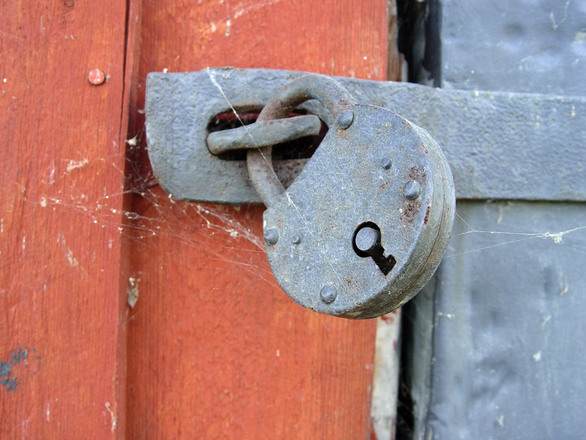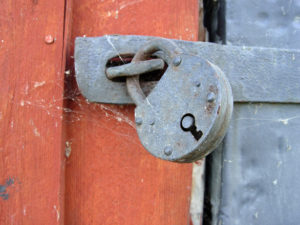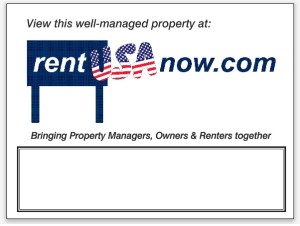Th rough a late provision added to the tax legislation, the new GOP tax plan signed into law on December 22, 2017, gives landlords and real estate investors the potential for a large tax break. The Tax Cuts and Jobs Act (TCJA) permits landlords to take advantage of a “pass-through” provision intended to benefit limited liability companies, partnerships, and other “pass-through” businesses.
rough a late provision added to the tax legislation, the new GOP tax plan signed into law on December 22, 2017, gives landlords and real estate investors the potential for a large tax break. The Tax Cuts and Jobs Act (TCJA) permits landlords to take advantage of a “pass-through” provision intended to benefit limited liability companies, partnerships, and other “pass-through” businesses.
What is a Pass-Through Business?
A pass-through business is a business entity that “passes” business income through the business to the owner or owners instead of paying corporate taxes on the income. Therefore, the income is taxed as personal income at a lower tax rate instead of being taxed at a higher corporate tax rate. Many sole proprietors operate their businesses as pass-through businesses, including landlords and property managers.
How Can Landlords Take Advantage of the Pass-Through Deduction?
Under the TCJA provisions, a person who owns rental property can qualify for the same tax break as a pass-through company. In other words, if a landlord operates his rental properties as a sole proprietorship, S corporation, a limited liability corporation, or a partner in a partnership, he can qualify for the tax break.
Landlords who operate their business as a pass-through entity can deduct up to twenty percent (20%) of the net rental income. In other words, a landlord pays taxes on 80 percent of the net rental income. This deduction is a personal deduction; therefore, a landlord can also take advantage of all other business deductions.
Furthermore, because the individual tax rates are lower for 2018 under the TCJA, landlords and real estate investors can also benefit from the lower tax rate. Depending on the tax bracket, a landlord could see a six percent (6%) decrease in his tax rate. The deduction and lower tax rate are huge incentives for landlords to organize their businesses to qualify for the pass-through deduction.
Two Important Notes for Landlords Who Want to Use the Pass-Through Tax Deduction
One very important note, you are only entitled to the full twenty percent (20%) discount if your taxable income from all sources is less than $315,000 after deductions if you are married filing a joint tax return with your spouse. If you are single, your taxable income from all sources must be less than $157,500 after deductions. If your taxable income exceeds the maximum amount, your pass-through discount may be limited.
Another note to keep in mind if you want to set up your rental properties as a pass-through entity. The details of the new pass-through tax deduction have not been worked out by the Internal Revenue Service. An important question is whether property management will be considered a personal service business. If so, the pass-through deduction could be phased out completely for some taxpayers.
Taking Advantage of the New Deductions to Prepare for Retirement
Individuals searching for ways to create passive income, especially retirement income, could benefit substantially from the pass-through provisions in the TCJA. When compared to the volatile nature of investing in the stock market, investing in rental properties could be a safer way of earning passive income if the long-term expenses of owning real estate make sense to do it.
Because the tax law is new, and the IRS is still working out certain details, consulting a tax professional and investment adviser is a wise first step if you want to invest in rental property as a means of earning passive income.



 Home maintenance is a huge responsibility that tenants and landlords have to worry about at some point in time. There are very few things on this earth that are meant to stay in pristine condition forever, and as such, maintenance plays a huge role in determining the longevity of any product, including locks. Some landlords install new locks on apartment doors and do not ever worry about replacing them until the lock is damaged to the point that a tenant is locked out of their home. The act of replacing door locks is one that should be undertaken every few years, but sometimes landlords and tenants are not sure what they need to look out for when it comes to replacing their locks. This is not a big problem at all, we are always here to help. Let’s take a look at some of the signs that it might be time for you to replace your locks.
Home maintenance is a huge responsibility that tenants and landlords have to worry about at some point in time. There are very few things on this earth that are meant to stay in pristine condition forever, and as such, maintenance plays a huge role in determining the longevity of any product, including locks. Some landlords install new locks on apartment doors and do not ever worry about replacing them until the lock is damaged to the point that a tenant is locked out of their home. The act of replacing door locks is one that should be undertaken every few years, but sometimes landlords and tenants are not sure what they need to look out for when it comes to replacing their locks. This is not a big problem at all, we are always here to help. Let’s take a look at some of the signs that it might be time for you to replace your locks. 10. Do you charge a leasing fee?
10. Do you charge a leasing fee? Holiday time is a wonderful time of year, but it does not come without risks for homeowners and tenants who decorate their homes.
Holiday time is a wonderful time of year, but it does not come without risks for homeowners and tenants who decorate their homes.  7. Have you or any of your staff been charged with a crime or felony related to the management of other people’s money or any money-related crime? Has any property management company you have owned or work for ever filed for bankruptcy?
7. Have you or any of your staff been charged with a crime or felony related to the management of other people’s money or any money-related crime? Has any property management company you have owned or work for ever filed for bankruptcy?

